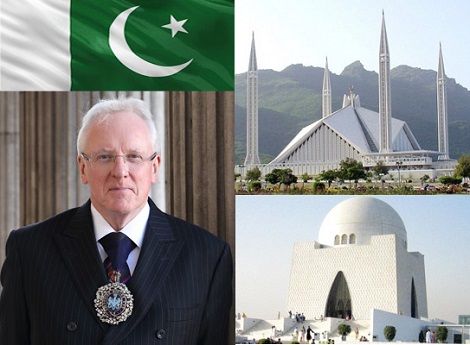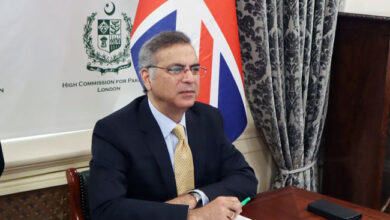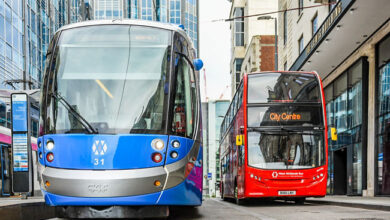UK
Indian Organised Counter Protestors Fail to Disrupt Freedom Campaigners
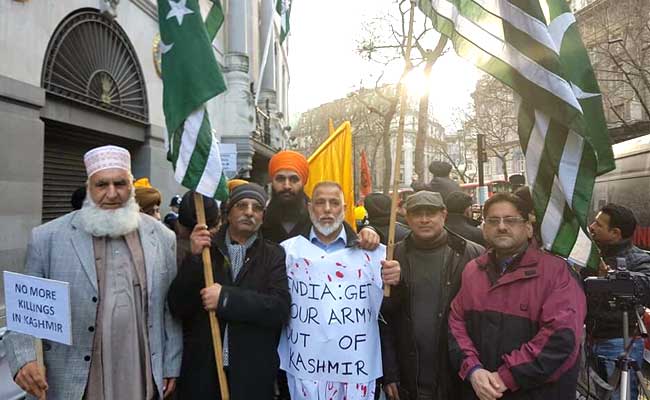
London: In a significant jolt to the politics of UK based South Asian diaspora communities the Indian lobby took the unprecedented step of organising a confrontational counter protest against Sikhs and Kashmiris who traditionally demonstrate on India’s Republic Day outside the Indian High Commission in London to declare their desire for freedom from Indian occupation.
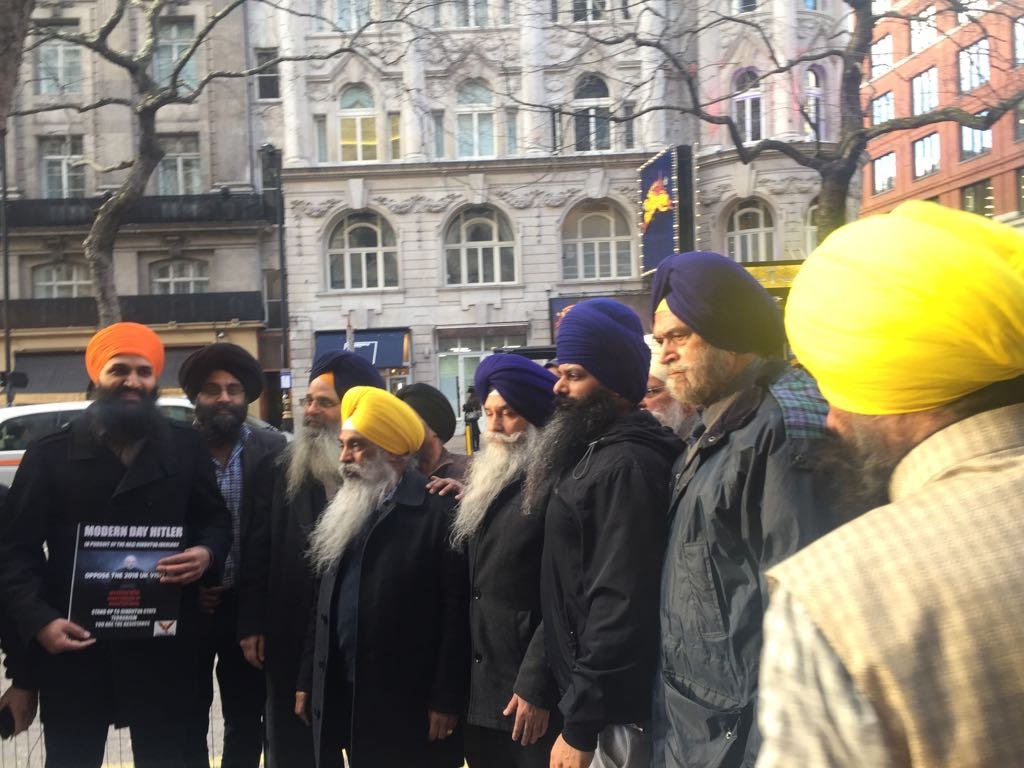
Observers may speculate over the new thinking in New Delhi, but the drama was unmistakable leaving the normally assured Metropolitan Police totally unprepared for the abrasive and often raucous encounter between implacable foes. Whilst the Sikh and Kashmiri protest had been previously notified to and vetted by the police (as is normal practice in London), the counter-protest was not, leading to a potential flare-up which was perhaps the calculation of those that have long since wanted such Kashmiri and Sikh protests ended.
Carrying placards accusing the Sikhs and Kashmiris of being terrorists, shouting “Modi, Modi” and howling abuse at their opponents the Indian protestors eventually beat an undignified retreat once it was clear that they were getting a more than robust response from a spirited gathering of Sikh and Kashmiri self determination supporters. They left in their wake a number of Indian flags that, having seen what became of them, those in the overlooking Indian High Commission will surely have regretted supplying.
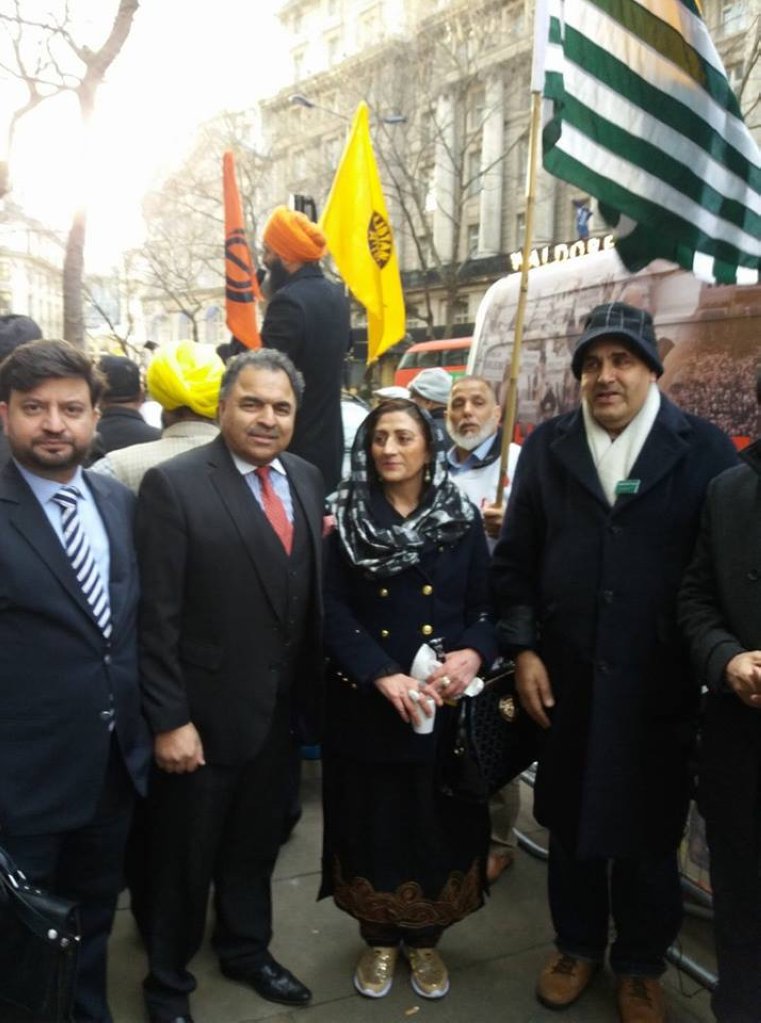
India has been incensed at its diplomats being recently banned from speaking at many Sikh Gurdwaras in the UK, Canada and the USA. High Commission officers were also visibly stung seeing vans parked outside the London High Commission proclaiming “Khalistan Zindabad”, “Free Kashmir” and calling for freedom in Assam, Nagaland and Manipur. Indian lobby complaints last week led to Transport for London issuing a circular to stop advertisement agencies from displaying these messages on public transport.
Lord Nazir Ahmed led the protestors and condemned the ‘extremist Hindutva’ elements that had sought to prevent peaceful democratic protest. It should be noted that Lord Ahmed’s residence was ransacked a few days earlier in a manner that was far from a common burglary. Speaker after speaker said their communities would never be intimidated by such cowardly tactics. They declared that Indian PM Modi and his ‘fascist’ Hindutva agenda was not welcome in the UK, which perhaps does not augur well for his planned visit to the UK in April 2018 when he is due to attend the Commonwealth summit here.
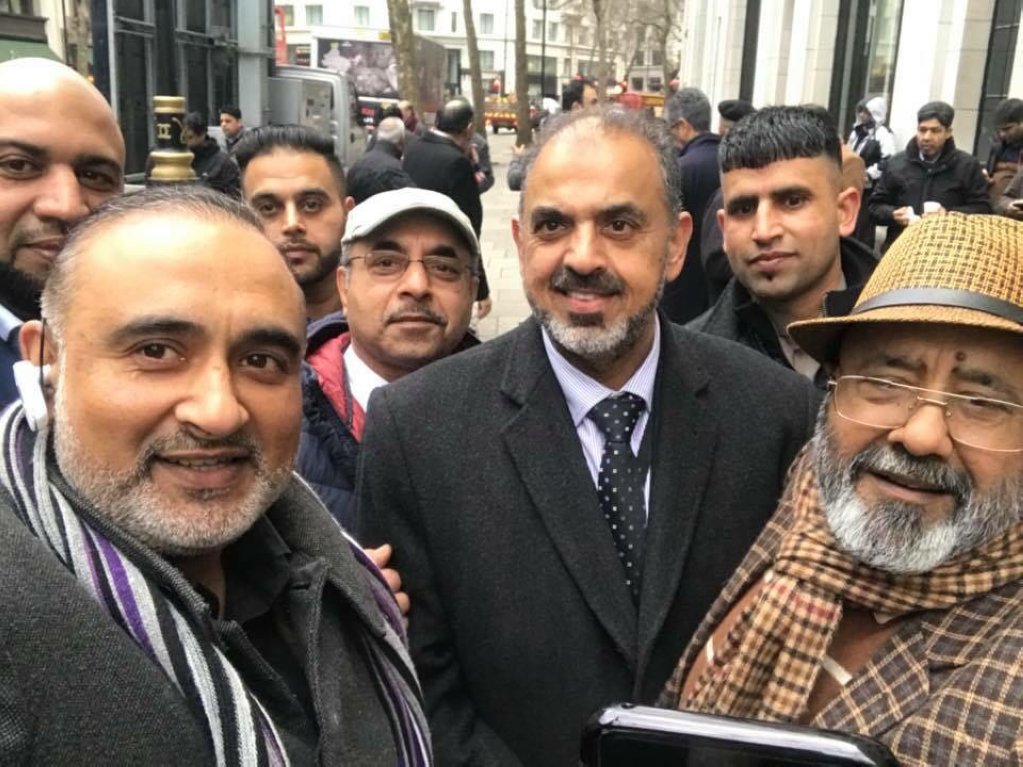
Away from the drama on London’s streets, the core political battleground between India and these diaspora communities and India remains gridlocked. Amrik Singh Sahota, OBE, President of the Council of Khalistan said the international community – including the Commonwealth – should hold Modi to account for his own personal and his country’s diabolic record on human rights. As a country that formally rejects the right of self determination (enshrined in international law as Article 1 of the 1966 Covenants on Human Rights), he said the role of responsible international bodies was to punish, not, reward India. The conflicts arising from that illegal position had led to hundreds of thousands of deaths and untold misery. Dr Mukul Hazarika of Assam Watch (UK) said India must “return the sovereign status of the shackled deserving nations viz the Kashmiris, Khalistanis and the nationalities of Western South East Asia”. Lord Qurban Hussain, also participating in the protest, spoke of the need for the UN to intervene and bring peace to what is perhaps the most dangerous conflict zone in the world today.
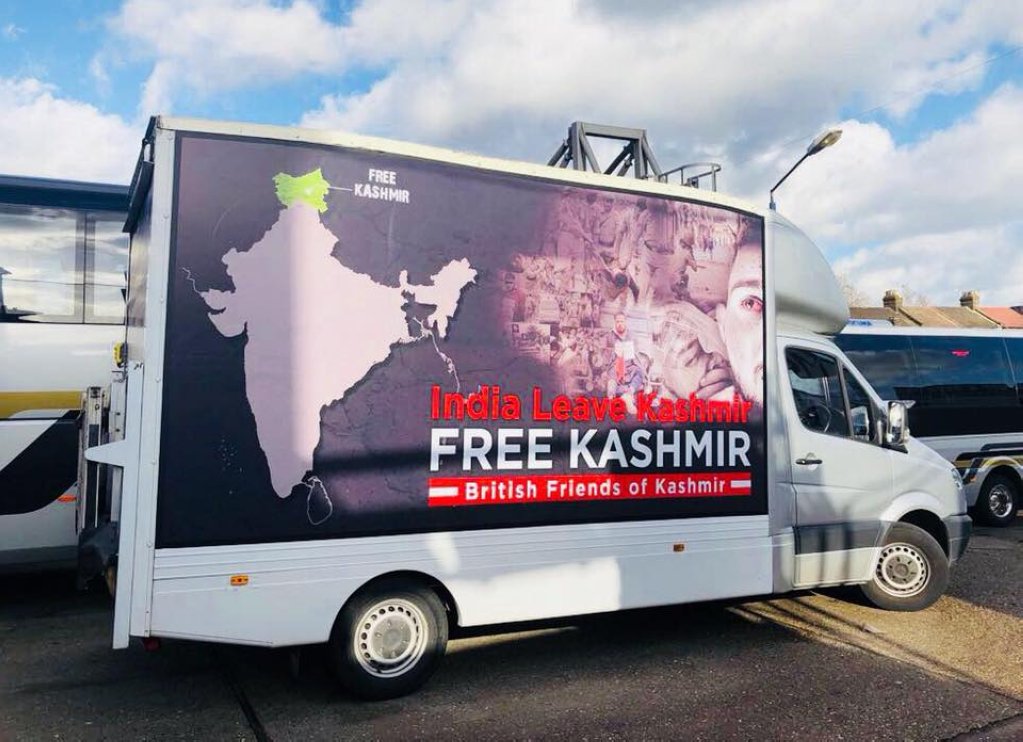
An array of Kashmiri and Sikh organisations remained in situ, sloganeering, long after the pro-India counter protestors had left the scene. They vowed to continue their protests until their goal of freedom was achieved. Hundreds of thousands within their diaspora communities will have noted the new tactics of Modi-led India. His visit to the UK in a few months’ time promises to be, if nothing else, an interesting headache for the British authorities.
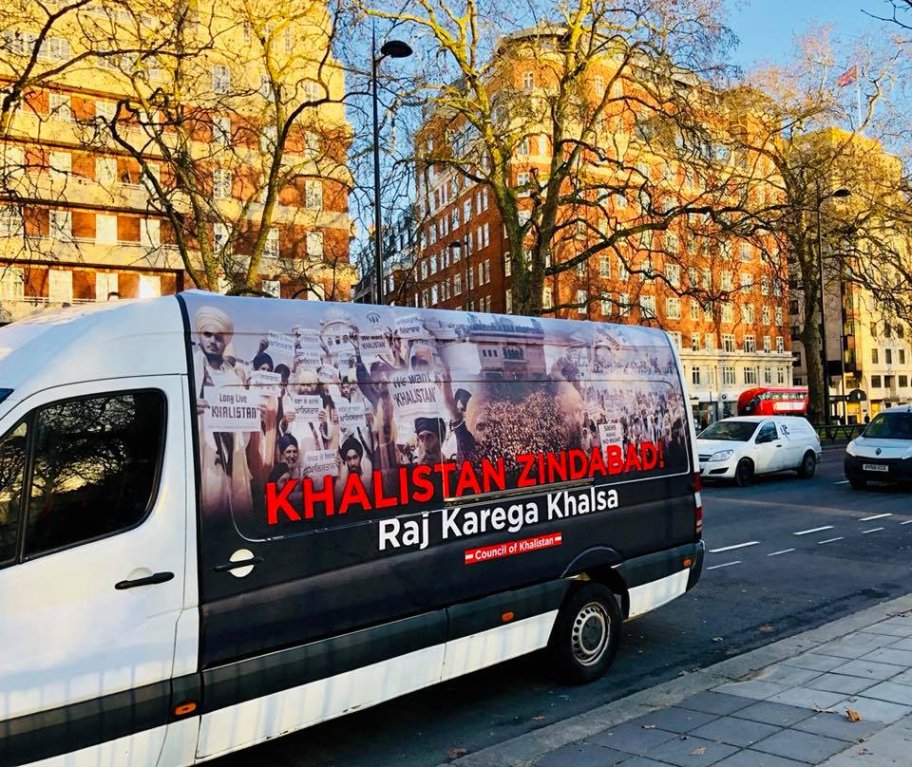
Disclaimer: The views and opinions expressed or referred to in this article do not necessarily represent those of WNTV or any of its staff or editors. WNTV’s aim is to provide, so far as possible, a platform for external contributors with limited editorial intervention . Accordingly, readers are asked to note that the publication of articles on this site is not in itself to be taken as WNTV’s endorsement of any reported third party position, policy or statement.


